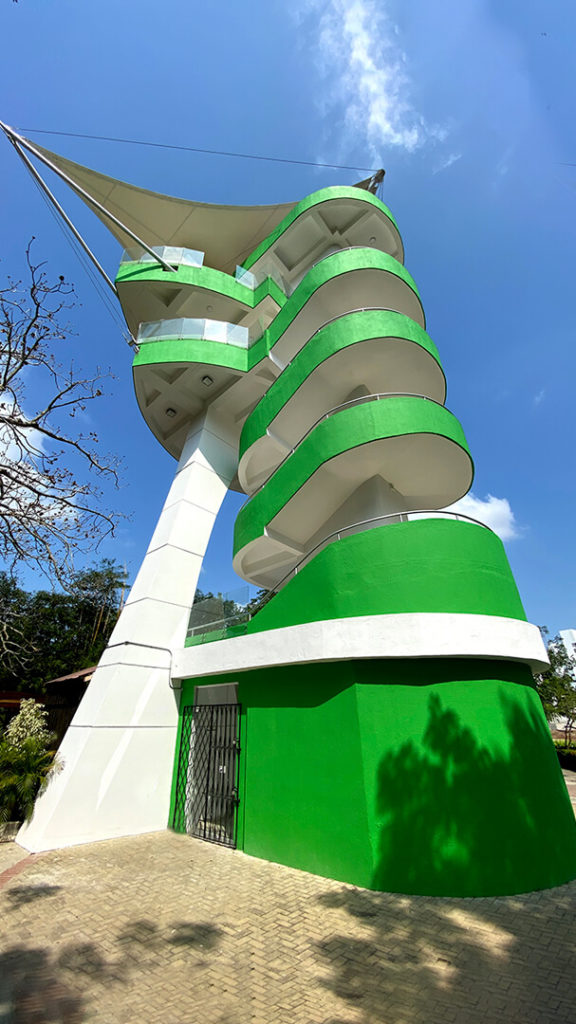At Atarraya’s end-of-year gathering, Juan Gossaín delivered a magnificent dissertation entitled “Why is the Caribbean the way it is?” This discourse provoked a reflection on the Cordoban identity: what defines and characterizes us, what makes us unique and particular. Identity, individual or collective, is what makes something or someone what they are. María Moliner defines identity as the “set of psychological, social, ideological traits, etc. that characterize a person or community and with which they recognize themselves”.
This year Córdoba celebrates its 70 years as a department, and Córdoba’s society differs from that of 1952: its composition is different, the relationship between the urban and rural population has changed, the role of women has transformed as well, the attitude towards the countryside is different. Demographics show new numbers: youth have new interests, money is looked upon differently, the relationship with the environment has been granted a higher priority, to mention just a few determinants of regional identity.
Who are we Cordobans? What characterizes and identifies us today? What do we appreciate and what do we reject?
Recognizing our identity is essential for the effectiveness of public policies, as these are instituted in order to meet the needs and interests of communities that share unique characteristics and interests, who value situations in a certain manner, and who have a particular relationship with their surroundings.
Identity as a process of social construction plays a key role in education and in the consolidation of our culture. The latter are responsible for its teaching, internalization and transmission between generations, strengthening our sense of belonging to the community with which we identify and of which we feel part; a clear identity creates pride in what is our own and commitment to the future of the individual or collectivity.
There are several reasons that illustrate the expediency of stopping from time to time to reflect on our identity, especially if we take into account the changes that have taken place in Cordoba’s community over the years. It is advantageous to consciously corroborate the attributes that define a Cordovan today, review which of those abovementioned are still valid, which have lost legitimacy, and incorporate into the description new ones that are already part of our DNA as a community.
The result would provide us a valid, clear and conscious definition of the Cordovan identity, with a description of those behaviors that should be rewarded or censored in collective behavior, as well as new attributes that should be developed or deepened to successfully face future challenges this community will confront in the coming decades. Identity is a social process that must be managed consciously and responsibly.
*President, Atarraya Foundation





